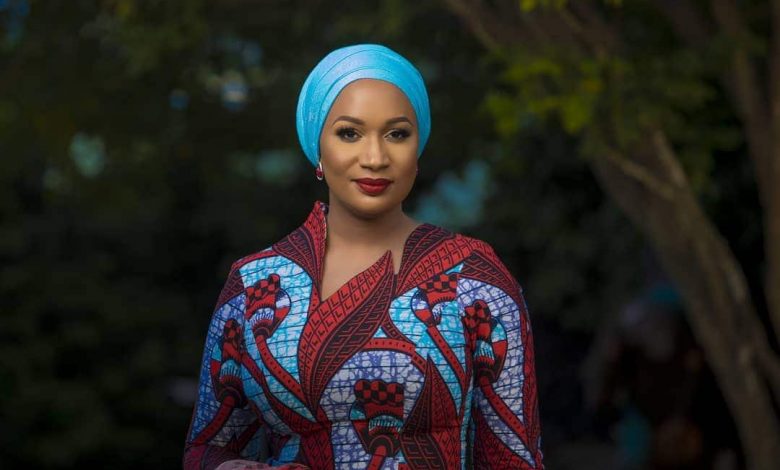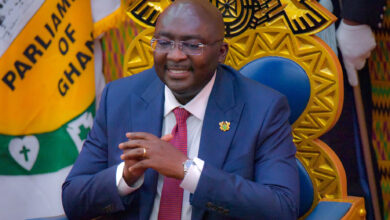Clean cooking policy a must, says Samira Bawumia

Ghana’s Second Lady, Samira Bawumia, has taken her fight for clean energy to the doorsteps of policymakers in Ghana a few days after a strong message to world leaders in Switzerland.
With the latest advocacy, her objective is to have policies promoting clean energy to curb the devastating effects of other alternatives.
“Governments and development agencies should continue taking measures to prioritise the issue of clean cooking as a major policy initiative,” Bawumia, a champion of clean and safe cooking methods, said.
“There is the need to integrate clean cooking into government programmes and policies and encourage the use of sustainable clean cooking solutions.
“A concerted political will is essential to ensure progress of the clean cooking sector. High-level political will and action is a must. I am glad to see a strong representation from our government today,” she said at the Clean Cooking Forum by the Clean Cooking Alliance in Accra on Tuesday 11 October 2022.
With her role as an ambassador for the Global Alliance for Clean Cookstoves and demonstrated achievements at the forefront of clean energy initiatives in recent years, her influence informed the decision to host this year’s forum in Ghana.
The forum brought together global leaders such as Ingrid Mollestad, Norwegian ambassador to Ghana, Virginia A. Palmer, U.S. ambassador to Ghana, Katja Lasseur, Deputy head of mission, Netherlands Embassy in Ghana, Vincent Wierda, IDE energy lead, Africa, Asia and the Pacific, United Nations Capital Development Fund; Carla Montesi, Director at the European Commission’s Directorate-General for International Partnerships; Dymphna van der Lans, CEO, Clean Cooking Alliance.
Others are Shirley McAlpine, founder, Shirley McAlpine & Associates, Dr. Kandeh Yumkella, founder and CEO of the Energy Nexus Network; Dr Leela Hazzah, Executive director & co-founder, Lion Guardians and co-founder & Leadership Council, WE Africa; Damilola Ogunbiyi, CEO and Special Representative of the UN Secretary-General for Sustainable Energy for All and Co-Chair of UN-Energy; Ashvin Dayal, Senior Vice President Power and Climate, Rockefeller Foundation; and Rebecca Akufo-Addo, First Lady of Ghana.
Bawumia said “reducing cooking emissions is critical to reducing forest degradation, improving health, empowering women, and children, protecting the environment, and helping achieve numerous other Sustainable Development Goals (SDGs).”
The second lady was optimistic that the forum will pave the way for expedited action required to help bring clean cooking to the billions who live without it.
Outlining the reasons for a shift in current energy trends that have a devastating impact on human lives and the environment, she observed that: “The simple act of cooking [using unclean fuels and technology] is a leading source of global air pollution and causes more deaths each year than HIV/AIDS, malaria, and tuberculosis combined. It is one of the most underfunded – and furthest behind – indicators in the Sustainable Development Goals (SDGs), receiving less than one per cent of the estimated resources needed to address it.”
Bawumia was concerned that air pollution causes more than seven million deaths yearly, with 1.1 million deaths occurring in Africa.
Household air pollution, primarily driven by indoor cookstoves, accounted for 700,000 fatalities, while increased outdoor air pollution claimed 400,000 lives.
The World Bank estimates that 16,000 people die prematurely from air pollution yearly in Ghana.
“Each number in these millions represents a mother, father, son, daughter, or friend who is loved by his/her loved ones. These deaths are avoidable and unacceptable,” she said.





